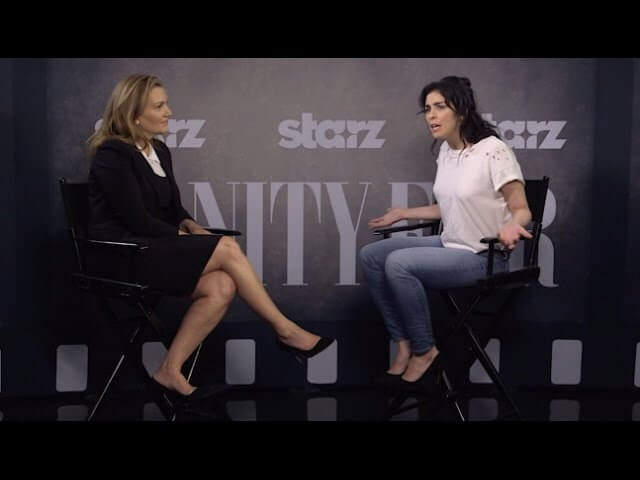Sarah Silverman sides with college students in the great P.C. wars

Sarah Silverman is the latest comedian to weigh in on the current debate about “P.C. culture.” But unlike Jerry Seinfeld, Chris Rock, Patton Oswalt, and Bill Maher, who all think political correctness is destroying comedy as we know it, Silverman is hip with the P.C. kids. Or as she puts it, “You have to listen to the college-aged because they lead the revolution. They’re pretty much always on the right side of history.”
Silverman discussed the topic during an interview with Vanity Fair about her new film I Smile Back. She starts out by referencing Caitlin Flanagan’s Atlantic article that bemoaned the way “the infantilization of the American undergraduate” has forced comics to either “create the cleanest possible set” or to not perform on college campuses at all.
But Silverman doesn’t think that changing with the times is that big of a deal. For instance, she once fought for her right to use the word “gay” pejoratively but then one day asked herself, “‘What am I fighting?’ I have become the guy from fifty years ago who says ‘I say colored, I have colored friends!’” As she points out, more often than not making little adjustments is actually pretty easy. Stopping herself from using “gay” as an insult “didn’t take long” and now she “[doesn’t] even think about it.”





















![Rob Reiner's son booked for murder amid homicide investigation [Updated]](https://img.pastemagazine.com/wp-content/avuploads/2025/12/15131025/MixCollage-15-Dec-2025-01-10-PM-9121.jpg)


















